Lead Program Chairs (scientific committee)
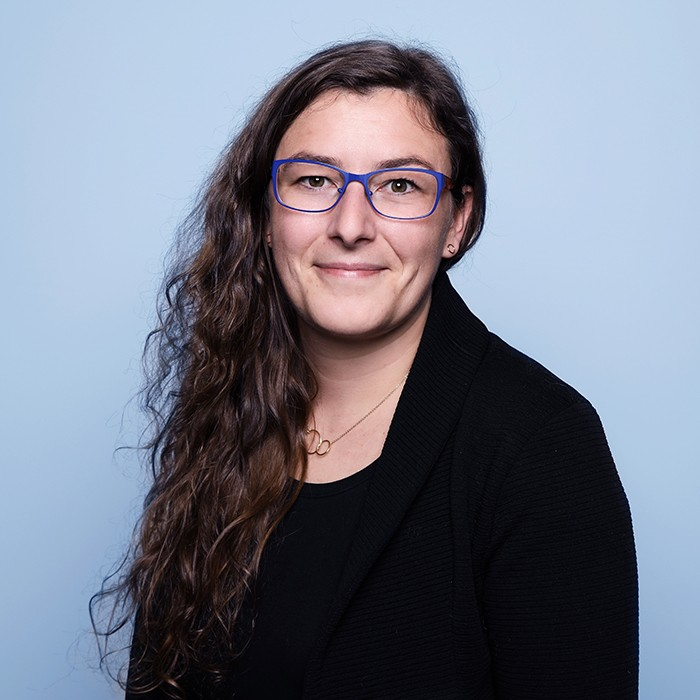
Estelle Bunout
Estelle Bunout is a post-doctoral researcher of contemporary European history at the C2DH of the University of Luxembourg. In the context of the impresso projet, she researched the antimodern conception of the European Idea in the digitized newspaper collections of Switzerland and Luxembourg. In 2021, she was fellow at the Leibniz Centre for Contemporary History (Leibniz-Zentrum für Zeithistorische Forschung – ZZF), working on the GDR digitised newspapers collection, to study the representation of the Soviet-Union via text-mining tools. Her current work is dedicated to “Fleeting and lasting presence: Polish sociabilities in Luxembourg and the Great Region in the long twentieth century”.
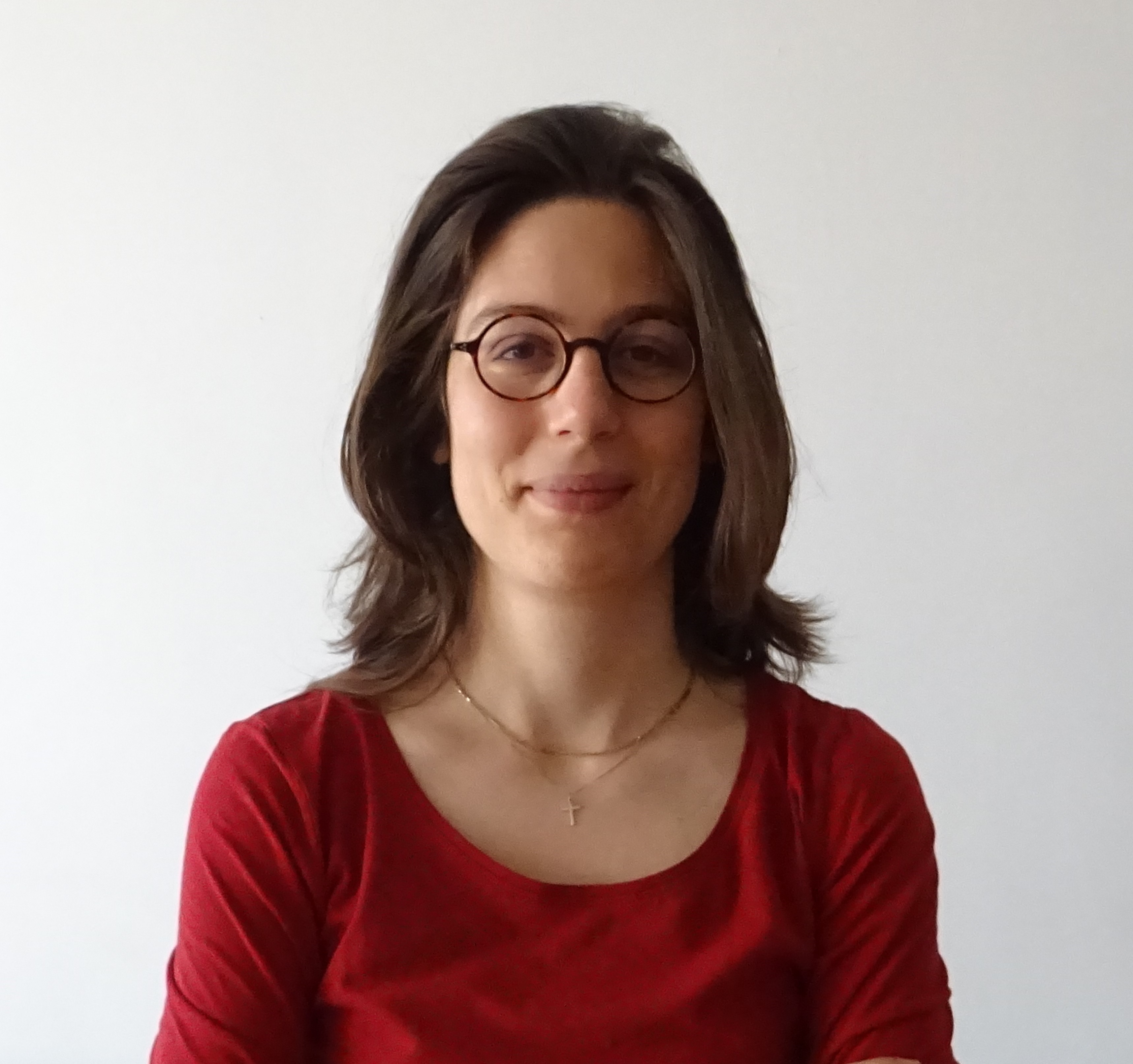
Margherita Fantoli
Margherita Fantoli is Assistant Professor (tenure track) of Digital Humanities at the Faculty of Arts of KU Leuven. She teaches in the Advanced Master of Digital Humanities (Linked Data Scholarship and Introduction to Digital Humanities) and works on the application of computational methodologies to Latin and to historical data.
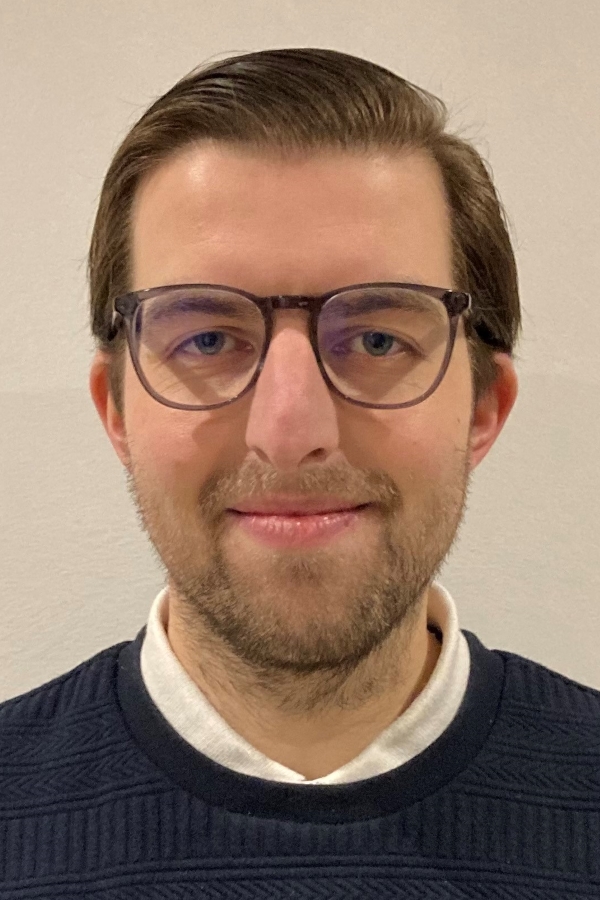
Tom Gheldof
Tom Gheldof is the CLARIAH-VL coordinator at KU Leuven’s Faculty of Arts. After having obtained a Master’s degree in Ancient History at KU Leuven, he additionally obtained an Advanced Master’s degree in Journalism and Cultural Studies. In 2012 he started working as a scientific researcher on the Trismegistos project at the research unit of Ancient History. Throughout the years he was involved in several projects in the field of Digital Humanities such as the ‘Europeana network of Ancient Greek and Latin Epigraphy’ (EAGLE). In 2014, he also took on the coordination of the Leuven DH researchers as part of the then founded DARIAH-BE consortium. Currently, he is a scientific researcher of the ‘CLARIAH-VL: Advancing the Open Humanities Service Infrastructure’ project. Furthermore, he is one of the coordinators of the DARIAH-EU working group ‘Sustainable Publishing of Metadata’ and is currently national moderator for the DH Course Registry. Finally, he is also a member of the steering committee of Epigraphy.info and a junior member of LECTIO.
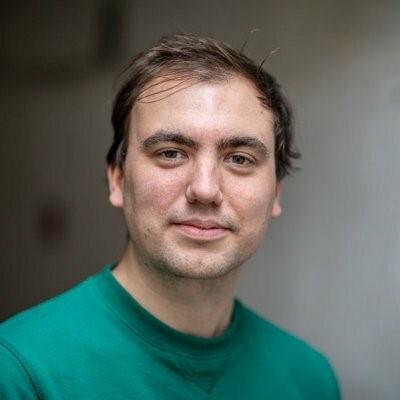
Thomas Smits
Thomas Smits is a historian of nineteenth- and twentieth-century visual (news) culture. Fascinated by the increasingly visual nature of modern societies, he pioneered the application of Artificial Intelligence (AI) techniques to analyse large collections of historical images. Convinced of the benefits of interdisciplinary exchange, he used critical insights from the humanities to further the development of culturally-responsive AI. He works as a postdoctoral research fellow at the University of Antwerp.
General Chairs
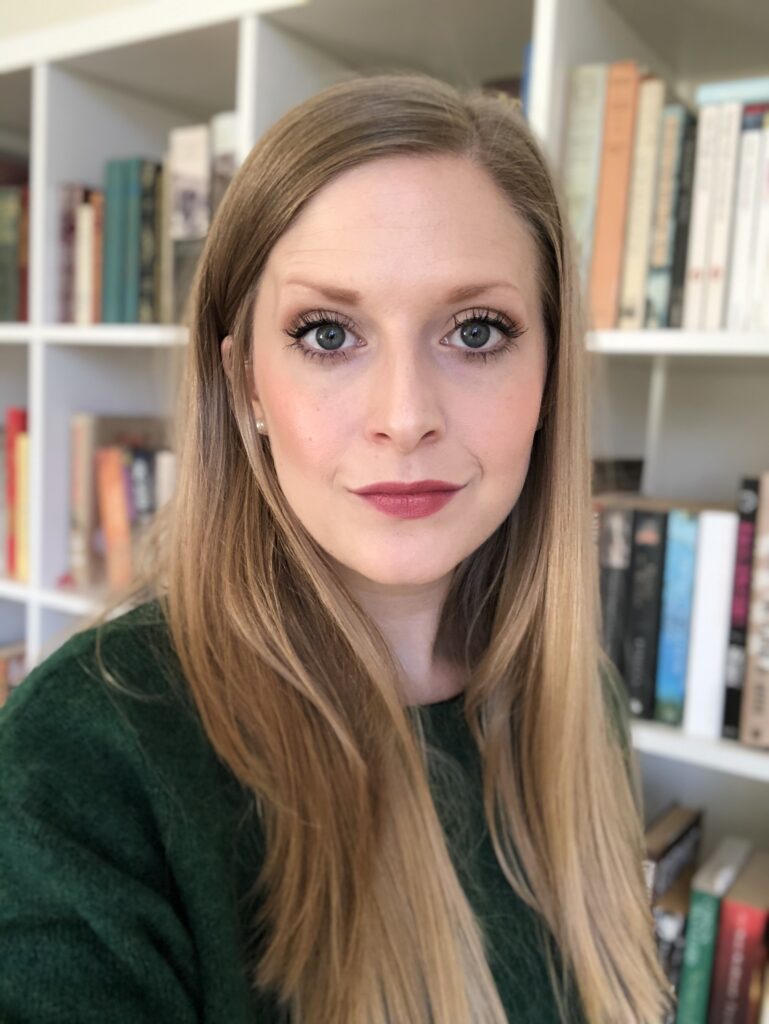
Leah Budke
Leah Budke is the Information Specialist for Digital Scholarship in the Humanities on the Artes Research team at KU Leuven Libraries Artes. Her primary role is to advise researchers, students, and staff from the Faculty of Arts on digital tools and methods. Together with other members of the Artes Research team, she teaches the Digital Scholarship Module for first-year PhDs at the Faculty of Arts. Beyond advising and teaching, Leah also organizes DH initiatives including training opportunities, lectures, and the DH Virtual Discussion Group for ECRs in Belgium. Leah first studied in the United States where she completed a BA in Modern Languages (2011) at Fort Hays State University. Thereafter, she moved to Belgium and completed a BA in Spanish and English Literature and Linguistics (2015) and an MA in English Literature and Linguistics (2016) at Ghent University. She holds a PhD in Literary Studies (2021) from Ghent University.
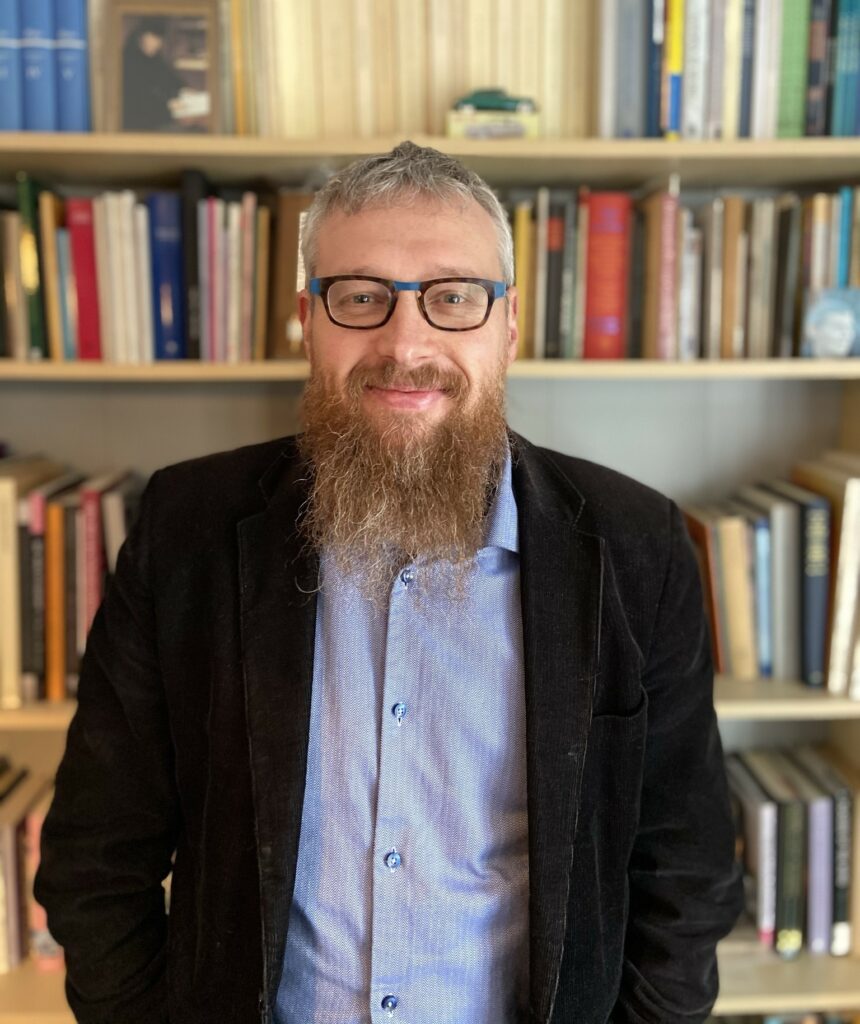
Demmy Verbeke
As Head of KU Leuven Libraries Artes, Demmy Verbeke is responsible for library services and collections for the Arts and Humanities. As a member of the management team with primary responsibilities for open research and collections, he also contributes to the strategic development and operational management of KU Leuven Libraries as a whole. He combines this position in the library with an appointment as associate professor of open scholarship at the Faculty of Arts of KU Leuven. Demmy teaches information science in the humanities; his research focuses on (the role of libraries in) scholarly communication and digital scholarship in the humanities.
Communication and Logistics Support
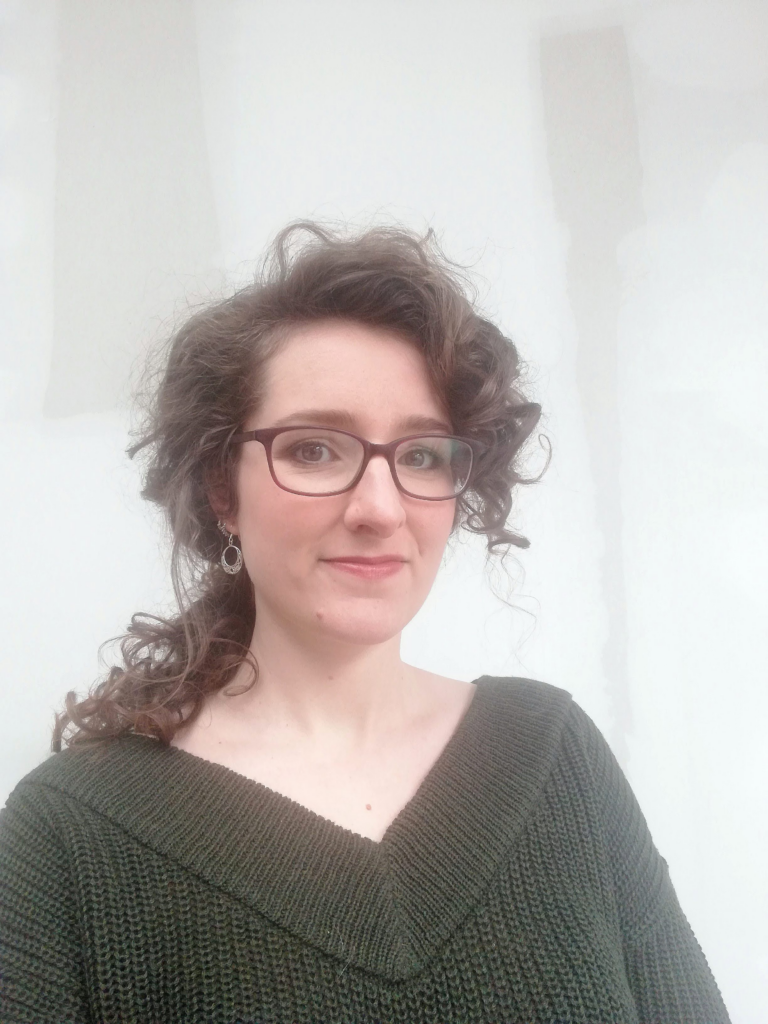
Rebecca Burke
Rebecca Burke is an information specialist research at KU Leuven Libraries. She is in charge of coordinating all communication channels of the Artes Research team (blog, websites, promotion, etc.). She is regularly involved in organizing and coordinating events for KU Leuven Libraries Artes and is responsible for the daily management of Lirias, the academic database of the KU Leuven Association, for the Faculty of Arts.
Additional Scientific Program & Local Chairs from the Belgian DH Community

Emanuele Caminada
Emanuele Caminada is Assistant Professor (tenure track) of Phenomenology at the Institute of Philosophy, KU Leuven. His teaching and research focus on the application of phenomenological methods to the study of social reality, its structure and normativity (social ontology, anthropology, metaethics). For the Husserl Archive in Leuven, he is the curator of digitalhusserl.eu. To plan future developments, he started studying Digital Text Analysis in Antwerp (with Mike Kestemont, among others) to get a feel for current trends in Digital Humanities and applications of machine learning to the study of the history of ideas. This adventure awakened his interest in the philosophy of technology, which he will teach from 2024 at the Faculty of Architecture in Leuven.
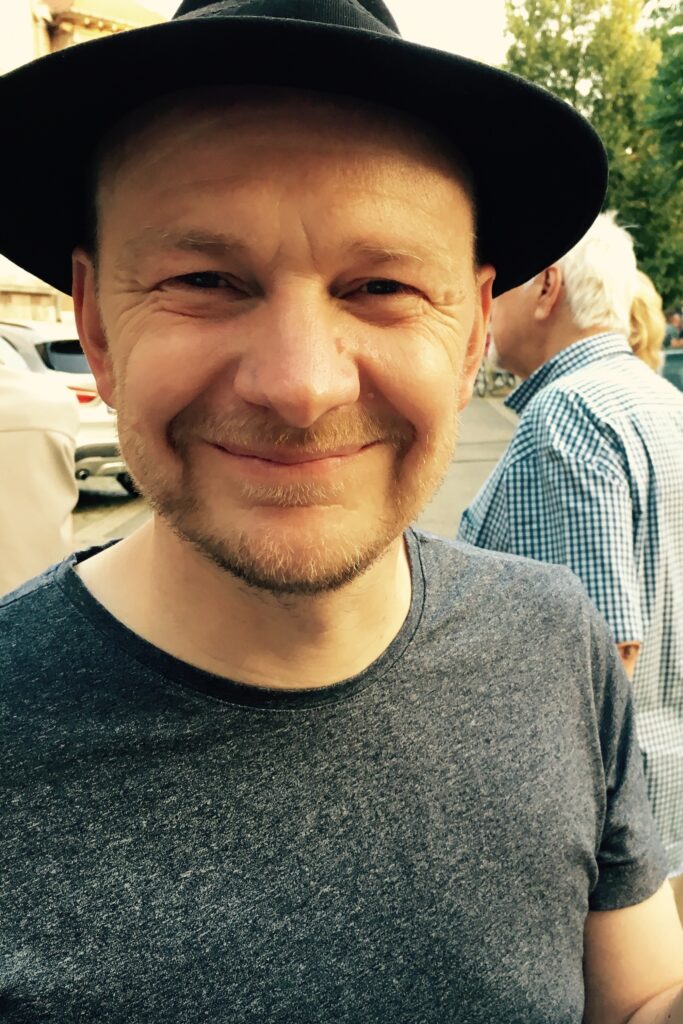
Mark Depauw
Mark Depauw is a Full Professor of Ancient History at the University of Leuven, who works at the borderline between Egyptology, the history of Graeco-Roman Egypt, and especially Digital Humanities. He is the director of the research platform Trismegistos, a conglomerate of databases created to overcome borders of discipline and language in the study of the Ancient World (800 BC – AD 800). Trismegistos started in 2004, and has grown into a pivotal player in the study of the Ancient (Western) World.
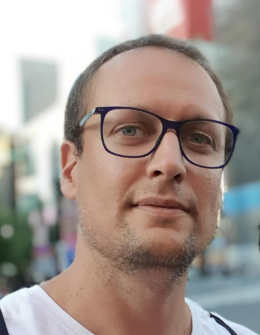
Björn-Olav Dozo
Björn-Olav Dozo is a Professor of Digital Humanities and Video Game Cultures at the University of Liège. He is a co-founder of Humanistica, the French-speaking association for digital humanities, and of the Liège Game Lab, the video game laboratory of the University of Liège.
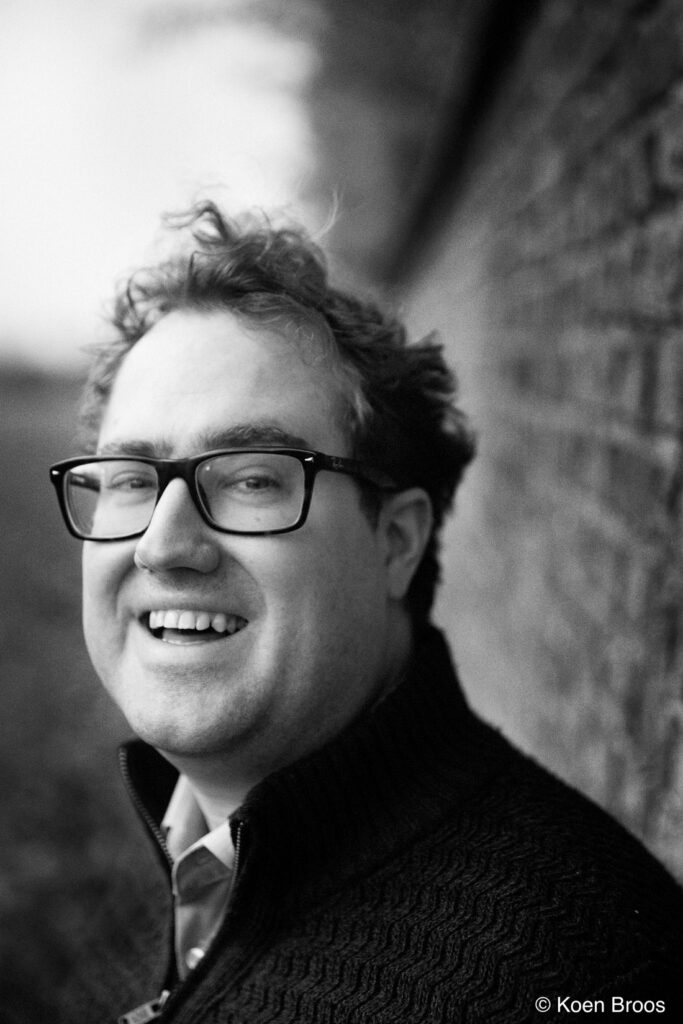
Mike Kestemont
Mike Kestemont is a full research professor in the department of literature at the University of Antwerp. He works on computational models of human culture. The persistence of cultural information over long stretches of time is his key research topic. His expertise lies with the application of machine learning, natural language processing and statistics for the analysis of noisy, historic data. He enjoys research in computational text analysis, in particular, for premodern literature. Much of his work can be situated in the Computational Humanities, an international community in which scholars from the conventional Humanities explore how digital methods and computation can support, enhance and transform existing practices in research and teaching. He has taught various courses and workshops on Digital Text Analysis, Corpus and Computational Linguistics, Programming for the Humanities and medieval philology.
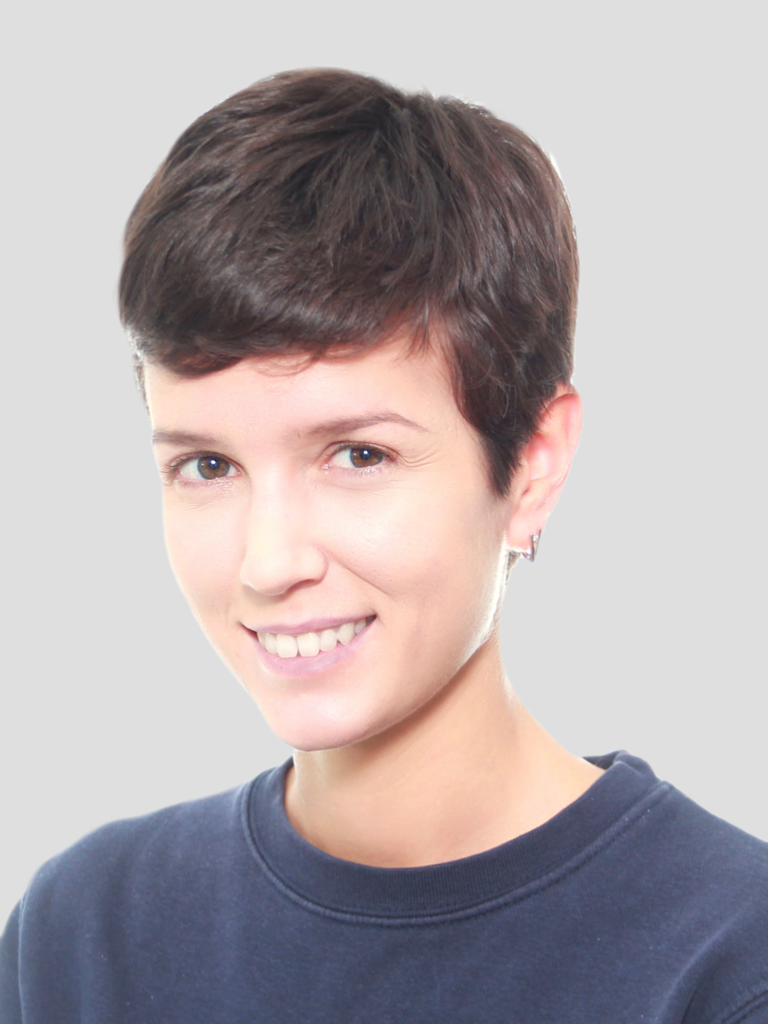
Daria Kondakova
Daria Kondakova is a postdoctoral researcher and research manager at LECTIO – KU Leuven Institute for the Study of the Transmission of Texts, Ideas and Images in Antiquity, the Middle Ages and the Renaissance, where she is supporting the integration of DH and AI methodologies in the historical humanities research. Her own research focus lies in Classics (Ancient Greek and Latin languages and literature), and she is keen on bridging the gap between ‘traditional’ and ‘digital’ in her research and teaching activities. She is interested in the application of NLP methods to Latin and Ancient Greek texts, digital editions, and Linked Open Data for the ancient world studies.

Johan Philips
Johan Philips is coordinator of KU Leuven’s Research Data Management Competence Centre (RDM-CC), which is responsible for the rollout of various RDM services and tools at the university. This includes the organization of trainings, workshops and guidance sessions, support in data publication and data storage solutions to improve RDM. He is also head of KU Leuven Libraries BDO, which main focus is to support researchers with RDM and Open Science and to help implement KU Leuven Libraries policies. As member of KU Leuven Libraries management team, he contributes to the research and Open Science pillars of the organisation.
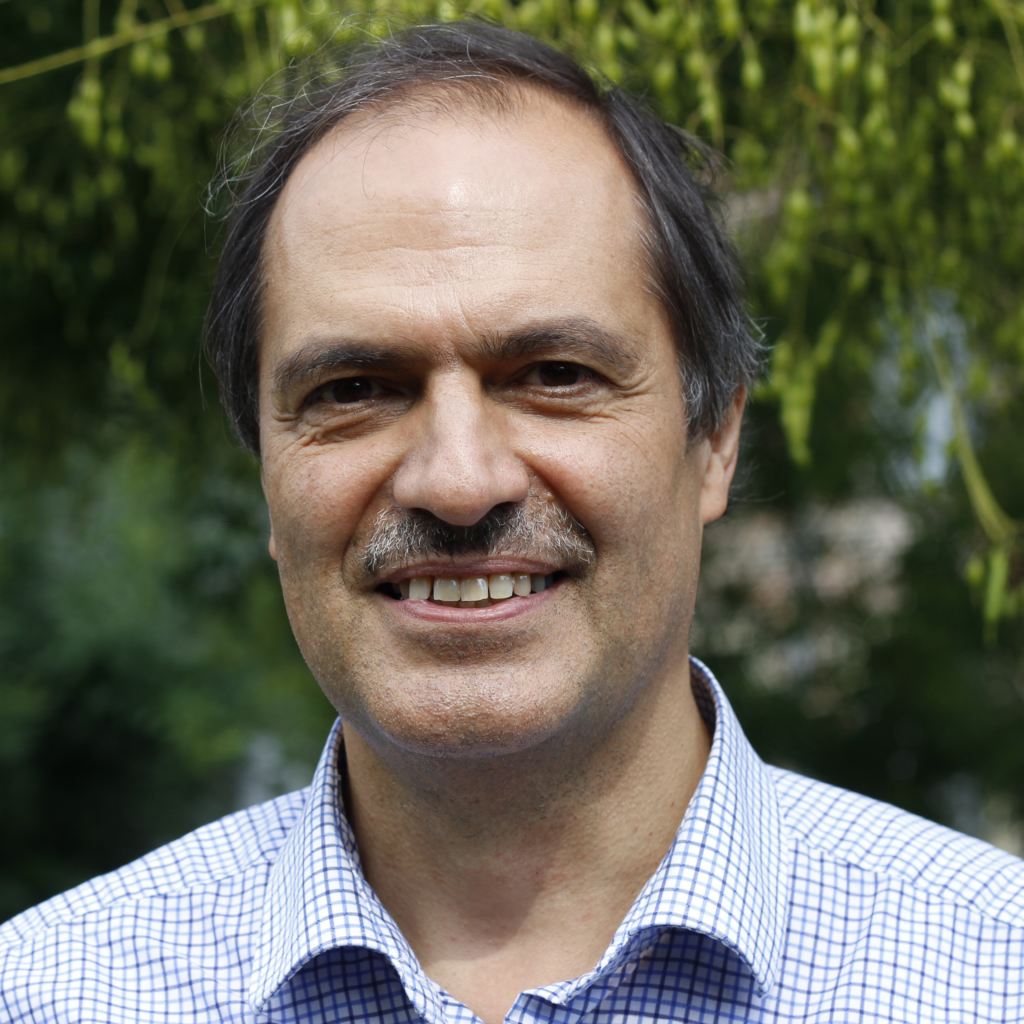
Frederik Truyen
Fred Truyen is professor at the Faculty of Arts, KU Leuven. He publishes on Digitization of Heritage, Photography and E-Learning in the Humanities. He is in charge of CS Digital. Participated in the many EU funded reearch projects, and currently works on projects in the Digital Europe Program. Experience in data modelling and metadata development for Image databases in the cultural-historical field. Main research focus is the digital transformation roadmap for Cultural Heritage Institutions. Prof. Truyen teaches the courses Online Publishing and Digital Cultural heritage in the MA Cultural Studies and the MA Digital Humanities at KU Leuven. He co-teaches in Cultural Economics and Cultural Policy. Prof. Truyen is member of the Europeana Network Association. He is also a member of CLARIAH Flanders. He is co-founder of Photoconsortium, an association for the safeguard and promotion of photographic heritage. Member of DigiSoc and member of the steering committee HERKUL.
